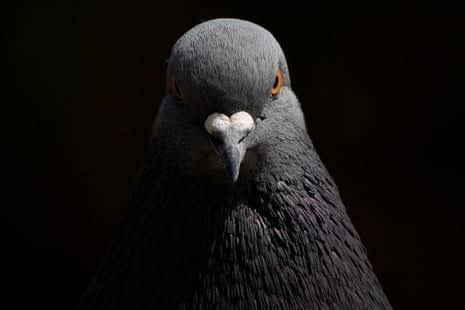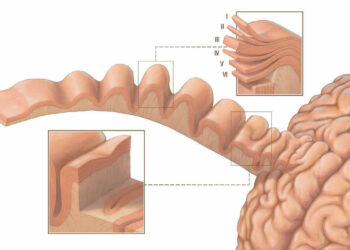Pigeons are a common sight in cities worldwide, often seen as harmless birds pecking at crumbs in parks or perching on buildings. However, health experts warn that these birds can pose a serious risk to respiratory health. From spreading diseases to triggering allergies, pigeons may not be as harmless as they seem. Here’s what you need to know to stay safe and protect your lungs.
The Hidden Dangers of Pigeons
Pigeons can carry pathogens that harm human health, particularly affecting the lungs. Their droppings, feathers, and dust can contain bacteria, fungi, and allergens that may cause respiratory issues. According to Dr. Maria Alvarez, a pulmonologist based in London, “Pigeon droppings can harbor fungi like Histoplasma and Cryptococcus, which, when inhaled, can lead to serious lung infections, especially in people with weakened immune systems.”
One common condition linked to pigeons is histoplasmosis, a lung infection caused by inhaling fungal spores found in dried pigeon droppings. Symptoms include fever, cough, and chest pain, which can become severe in some cases. Another concern is pigeon-related allergic alveolitis, also known as “pigeon fancier’s lung,” a hypersensitivity reaction that can cause shortness of breath and lung inflammation.
Pigeons also contribute to poor air quality in urban areas. Their droppings and feathers release fine particles into the air, which can irritate the lungs and worsen conditions like asthma or bronchitis. “In crowded cities, where pigeon populations are high, these risks are even greater,” says Dr. Sanjay Patel, a public health expert in Mumbai.
Who Is at Risk?
While anyone can be affected, certain groups are more vulnerable:
– People with respiratory conditions: Those with asthma, chronic obstructive pulmonary disease (COPD), or allergies may experience worsened symptoms.
– Children and the elderly: Their immune systems may struggle to fight off infections.
– Urban residents: Constant exposure to pigeons in cities increases the risk of inhaling harmful particles.
– Bird handlers: People who work with pigeons, such as pet shop workers or pigeon racers, face higher risks due to frequent contact.
How to Stay Safe
Health experts recommend simple steps to reduce the risks associated with pigeons and protect your respiratory health:
1. Avoid Direct Contact: Do not touch pigeon droppings or feathers. If you must clean areas with droppings, wear gloves and a mask to avoid inhaling dust.
2. Keep Windows Closed in Pigeon-Heavy Areas: If you live in a city with many pigeons, keep windows shut to prevent dust or feathers from entering your home.
3. Use Protective Gear: If you work in areas with pigeon droppings, such as rooftops or attics, wear a high-quality mask, like an N95, to filter out harmful particles.
4. Clean Safely: Wet down droppings with water before cleaning to prevent dust from becoming airborne. Use disinfectants and avoid sweeping dry droppings.
5. Maintain Good Hygiene: Wash your hands thoroughly after being in areas with pigeons or their droppings.
6. Limit Feeding Pigeons: Feeding pigeons encourages them to gather in large numbers, increasing health risks. Many cities have banned feeding pigeons to control their populations.
What Cities Are Doing
Some cities are taking action to manage pigeon populations and reduce health risks. For example, Singapore and parts of New York City have implemented measures like nest removal, bird deterrents, and public awareness campaigns. “Controlling pigeon populations is not just about cleanliness; it’s about protecting public health,” says Dr. Patel.
When to Seek Help
If you experience symptoms like persistent cough, fever, or difficulty breathing after exposure to pigeons or their droppings, consult a doctor immediately. Early treatment can prevent complications, especially for lung infections like histoplasmosis.
A Global Concern
Pigeon-related health risks are a growing concern in urban areas worldwide, from New York to New Delhi. By taking simple precautions, you can enjoy city life while keeping your lungs safe. As Dr. Alvarez emphasizes, “Awareness and prevention are key. Pigeons may look harmless, but their impact on health should not be ignored.”
For more information on respiratory health, contact your local health department or visit trusted medical websites.
WorldNow is committed to providing accurate and accessible health information for global readers.





































